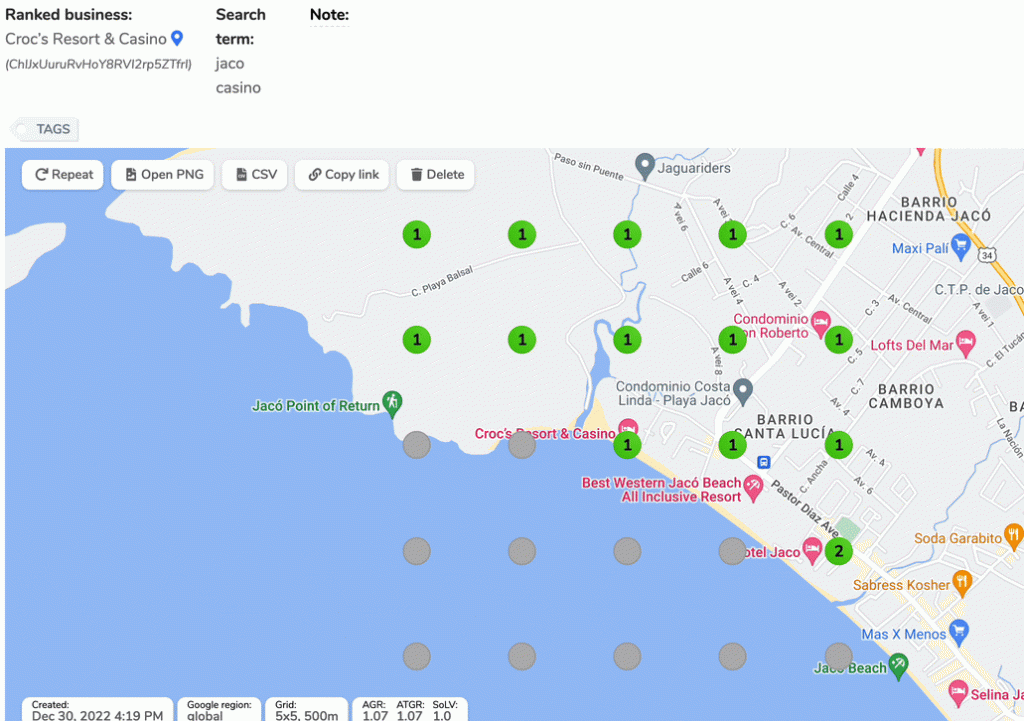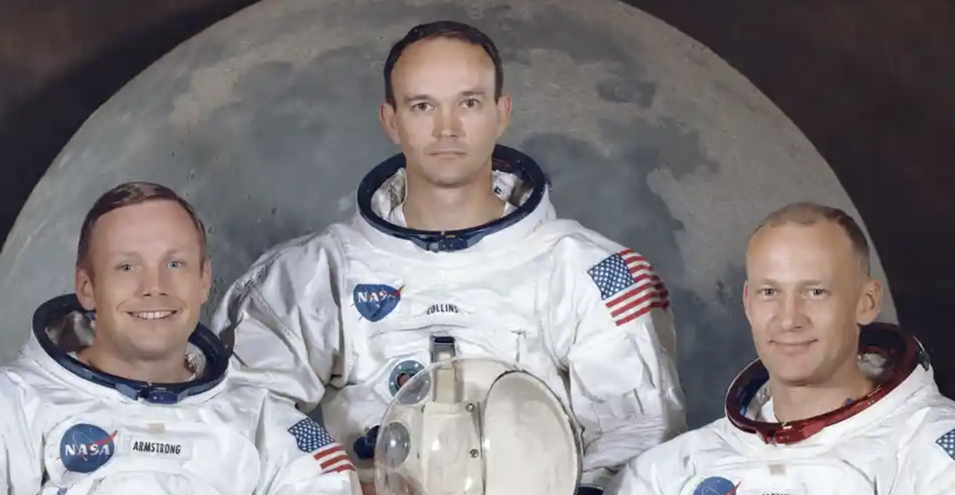What a year. Many of us who grew up hearing about five-cent Coca-Cola bottles and $5,000 houses from our parents and grandparents are experiencing inflation for the first time. It kinda sucks. Overall though, our conclusion is that 2022 went pretty well.
Sure, bad things happened. Millions of people in Ukraine might disagree with our high level assessment. Tens of millions of Chinese people might have some words to contribute about how not-cool it is to get welded inside their apartments for months on end. We’re not exactly sure if there are still wars in Syria or Yemen, but the people there might disagree with us as well. That’s their prerogative.
Our main point is that, from the safe, cozy perspective of someone in a Western country, it seems like we’re leaving 2022 with less problems than we started with. Supply chains are working the kinks out. Covid lingers, but it doesn’t control our lives anymore. Used car prices are becoming sane (if anyone declared a capital gain on their used vehicle, we’d love it if you sent us an email and let us know). Google’s gambit to eliminate cookies, thus creating months of headaches for the readers of this newsletter, fell apart. Facebook’s reputation on Wall Street is in freefall. Just.. all kinds of good stuff.
We have a lot of things to cover today. We’re going to start with Local Viking updates. There are a lot.

You can disable individual nodes on GeoGrid searches now. This is helpful for all kinds of reasons, but the one that will be most widely appreciated is the ability to cancel out search points over water. That data probably isn’t super important to most of you, and businesses on coastlines have previously had to waste some GeoGrid credits to search the rankings in their neighborhoods.
GeoGrid searches also now include business category information (primary and subcategories). This is also great, as it improves the efficacy of a GeoGrid search as a research tool. A lot of engineering work went into this, and we’re excited about it.
We pretty much redid everything related to GeoGrids. The UI is new as well. Most of the work involved back end stuff that would bore most of you. The bottom line is that we’ve crawled Google Maps over two billion times in the past 18 months and we found a better way to do things.
Our GeoBooster widget is getting better too. When you have pictures of moments to post to your GBP and website, it’s now super easy to associate particular moments with particular businesses. Contact support if you need help getting anything set up.
Also, we updated our roadmap for the first time in a while. This was more annoying to do than you’d probably guess. Our site is built in such a way that our CTO had to find time to update it himself. Nate is a busy guy.
Now for a big one. We have GBP location auditing in the pipeline. It’ll be standard for every location on Local Viking and Local Brand Manager. You’ll be able to select various competitors from your dashboard and benchmark against them. We’ll be using lots of data related to reviews, photos, and posts to come up with the metrics you’ll see. It’s going to be great.
For today’s final update, we’d also like you to know that Local Viking and Local Brand Manager will be facilitating video posts in the near future. We couldn’t do this in the past for the same reason the industry as a whole couldn’t: Google’s API did not allow for video transmission. They’ve been telling the public they would add it for the past four years. They finally did. They didn’t make an announcement. We just had to learn about it on our own by poring over documentation. Anyway, expect it soon.

Our favorite story this year was the cheating scandal that rocked the professional chess world. On a very basic level, an American teenager (brutally) beat the reigning world champion and promptly found himself accused of cheating. No evidence was ever presented to back that claim, so he started suing a lot of individuals and organizations for $100 million each. This story got more publicity than any chess story ever has because Elon Musk started Tweeting about a cheating device that could have been concealed in a part of someone’s body you’d more commonly associate with prison drug smuggling (a cheating device that an Australian YouTuber then proceeded to create).
There was a speed chess championship that ended this morning. Every person named in those $100 million lawsuits was there. It was in Kazakhstan, where one of our devs lives. We asked him to go there and get us a picture that we could use in this newsletter. The security people there didn’t let him, so we asked him to draw us a sketch instead. Not bad, right?
Don’t save that picture. We haven’t turned it into an NFT yet.
It’s time to discuss the topics that you’d normally find in this newsletter. We have some things to say about Facebook, Google, and Twitter. Frankly though, it would be irresponsible of us to talk about anything other than TikTok first.

In a lot of ways, this both was and wasn’t the year of TikTok. TikTok overtook Google as the most popular site on the internet in 2021 and extended its lead this year. A lot of projections show TikTok earning more revenue than Twitter or YouTube in five years. What’s strange to us is that TikTok doesn’t already make more money than basically every other app or website out there.
TikTok’s situation is not like the one Google faced 20 years ago with a bunch of smart people sitting around, trying to figure out how to turn a popular service into cash. The path to monetizing a popular website has been mapped out pretty thoroughly at this point. Our two best guesses for why TikTok’s revenue is apparently lagging are 1) companies may not want to invest a lot into a TikTok ground game when Western (and Indian, and many other) politicians keep threatening to ban the app every few months, and 2) most ad buyers have no understanding of TikTok, its viewers, or how wildly popular it is.
Many people reading this newsletter regularly run ads. It is possible (if not likely) that none of you have a presence on TikTok. We’ve been beating this drum all year, but the next big thing isn’t a mystery. It’s TikTok and it’s already established. All we can say is that the rewards will be rich for the first people who figure out how to get something going there. Small agencies don’t seem to be at any kind of disadvantage in that race– advertising heavyweights are only just now getting around to acknowledging TikTok’s existence, and none of them have anything close to a plan for getting a positive ROI on their ad spends there.
We don’t have much to say about Twitter. It punched far above its weight class this year and dominated headlines in a way that’s totally inconsistent with how small it truly is. The annual figures on Twitter’s balance sheets could be shrugged off as rounding errors by Microsoft, Facebook, Netflix, Amazon, Apple, or Google. A lot of the hooplah centered on its ownership change. All we can tell the people who are alarmed by a platform with a sketchy billionaire owner is to brace themselves– you’re going to have a rough day when you find out who owns literally everything else.

We’re similarly dismissive of people who think Meta is done for. Yes– its market capitalization drop set all kinds of records this year. Zuckerberg saw it coming though. He was quite public about Facebook’s valuation plunging while they focused on bringing their Metaverse to life.
Everyone is talking about an incomplete Metaverse like it’s already a failure. That’s actually stupid at this point, but even if it turns out to be completely accurate, it overlooks some key factors that play into Meta’s longevity. The first is that Instagram was arguably the best acquisition in the history of capitalism, followed closely by the acquisition of WhatsApp. Facebook itself is actually still quite popular (it got dinged in the media for showing a decline in users for the first time ever this year, but that’s stupid too– they had to block Russia).
To be clear: we have an intense dislike of Facebook. Meta isn’t going anywhere though. Even if they waste half a trillion dollars trying to make a Metaverse that no one wants, they still have a suite of imminently viable businesses. Although a dipping stock price obviously dents Mark Zuckerberg’s personal wealth, it doesn’t actually have any impact on Facebook’s day to day operations. Those are external problems that affect investors.

We’re going to have to call it quits for this week’s newsletter. Our goal was to be done with it by Tuesday, but we procrastinated and are still writing it almost two hours after it should’ve gone out. We didn’t really get to talk much about what happened with Google this year or to fill you in on the spirited debate Local Viking staff members continue to have over whether or not the moon landing happened, so we’ll get to that next week.
Have a fantastic new year, everyone. Be safe. We’ll see you in 2023.